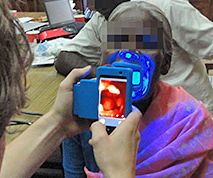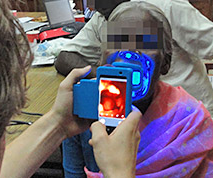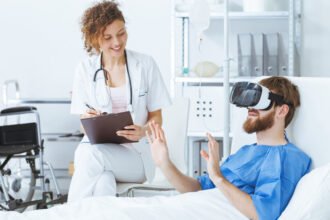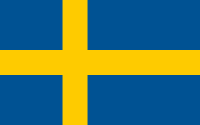As I scan the news feeds for new technology trends, I keep finding myself coming back to developing economies in Africa and Asia. As mobile network operators expand wireless services in these regions and mobile phone ownership grows, people continue to find new and amazing ways to use mobile networks to solve unique problems. Take healthcare.
As I scan the news feeds for new technology trends, I keep finding myself coming back to developing economies in Africa and Asia. As mobile network operators expand wireless services in these regions and mobile phone ownership grows, people continue to find new and amazing ways to use mobile networks to solve unique problems. Take healthcare.
In many rural and remote areas in Sub-Saharan Africa and South and Southeast Asia, patients suffer from a multitude of healthcare challenges: lack of skilled physicians, lack of access to healthcare technologies, and lack of personalized healthcare information. But if there were ever a set of problems that mobile technology could address, this is it.
Consider Oscan, one of the 2012 winners of the Wireless Innovation Project, sponsored by the Vodafone Americas Foundation. The project, created by a team at Stanford University, provides rural health workers with an inexpensive, easy-to-use way to screen patients for oral lesions using mobile phones. The solution is currently being tested in rural India, where there is typically just one dentist per 250,000 people. According to the Wireless Innovation Project:
This inexpensive device mounts on a conventional camera phone and allows for data to be instantly transmitted to dentists and oral surgeons for association of these lesions to diseases of the oral cavity, including oral cancer. With the gradual rise of tobacco consumption in the developing world (70% of world’s tobacco consumption) and [a growing] number of late stage oral cancer patients, OScan provides a means to empower minimally-skilled health workers to connect early stage patients to health care providers and teach communities about the importance of oral hygiene. (photo: Oscan – VodafoneAmericasFoundation)
Funding New Healthcare Ideas
A number of organizations within the service provider and mobile technology industries are now sponsoring projects throughout the developing world to explore new mobile healthcare or mHealth, applications. Among the most exciting is the Mobile Healthcare for Africa program from Microsoft Research, which awards one-year grants of up to $25,000 to pilot new mHealth initiatives.

You can read about the first set of grant recipients here. They encompass some truly amazing ideas, including:
- Mobile-phone based “telemedicine” that allows skilled surgeons to participate remotely in surgical procedures and assist non-specialized medical caregivers
- Remote patient monitoring using cell phone-based sensor networks
- Phone-based microscopic examination of blood films to diagnose malaria remotely
Talking Smart to “Dumb” Phones
New mobile technologies like these can make a huge difference, but how can you use wireless to directly benefit the vast majority of people in developing economies who rely on basic cell phones? Peter Benjamin, managing director of Cell-Life, a nonprofit that seeks to use mobile technology to benefit patients with HIV in South Africa, explored this question earlier this year in a conversation with Africa Health IT News:
“There is huge potential for mHealth, with most of the focus on applications for high-end platforms. In countries like South Africa, however, that isn’t where the problem is. The main issue is not how to make the 50,000 iPhones in the hands of wealthy citizens do amazing things; it is whether we can turn the 42 million basic feature phones in the hands of about 90% of the youth and adults into an effective tool to access healthcare.”
Benjamin’s organization is now involved in several projects that use SMS text messaging to disseminate clinical information, facilitate peer-to-peer counseling, connect nurses and home-based caregivers, help clinicians more accurately dispense anti-HIV drugs, and more.
Zachary Sniderman profiled another two such projects on Mashable.com last year. The Praekelt Foundation, for example, uses SMS to send personalized, automated notifications to patients with chronic diseases to remind them to take their medications. Sniderman also described the Medic Mobile program in Malawi, which uses SMS messages to help provide patients with home-based care and clinical expertise, even when they can’t physically see a doctor.
In just the first six months of the program, “more than 100 patients received treatment for TB after their symptoms were noticed by the community and reported by text message.”
It will be fascinating to watch how these and other mHealth programs evolve over the next several years. It’s a tribute to the commitment of mobile network operators and mobile technology providers worldwide who are backing these early projects and helping make these great ideas a reality.
To read other posts in this exclusive ongoing series, please visit the Mobile Health Around the Globe main page. And if you have a Mobile Health Around the Globe story to tell, please post a comment below or email me at joan@socialmediatoday.com Thanks!








